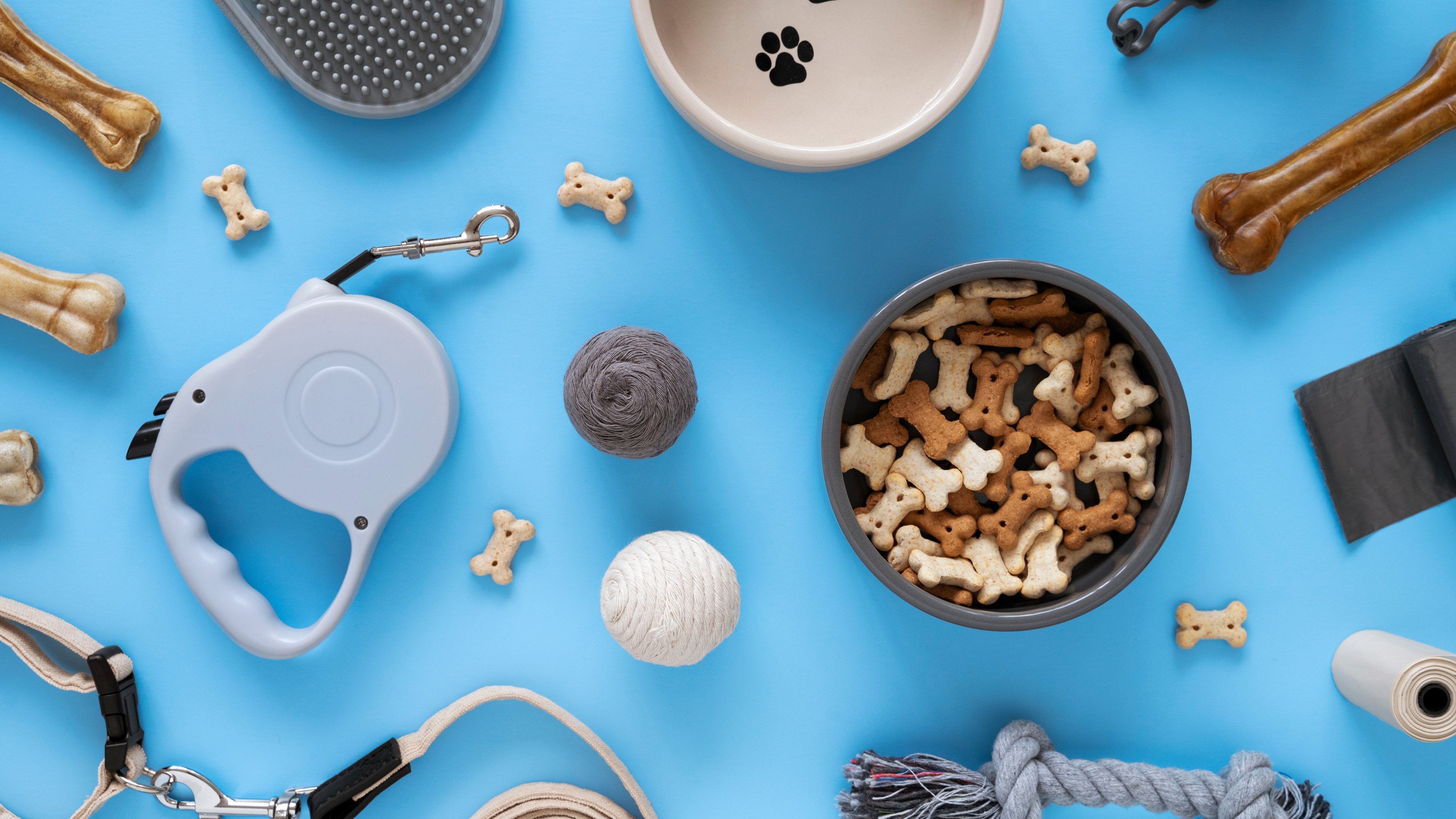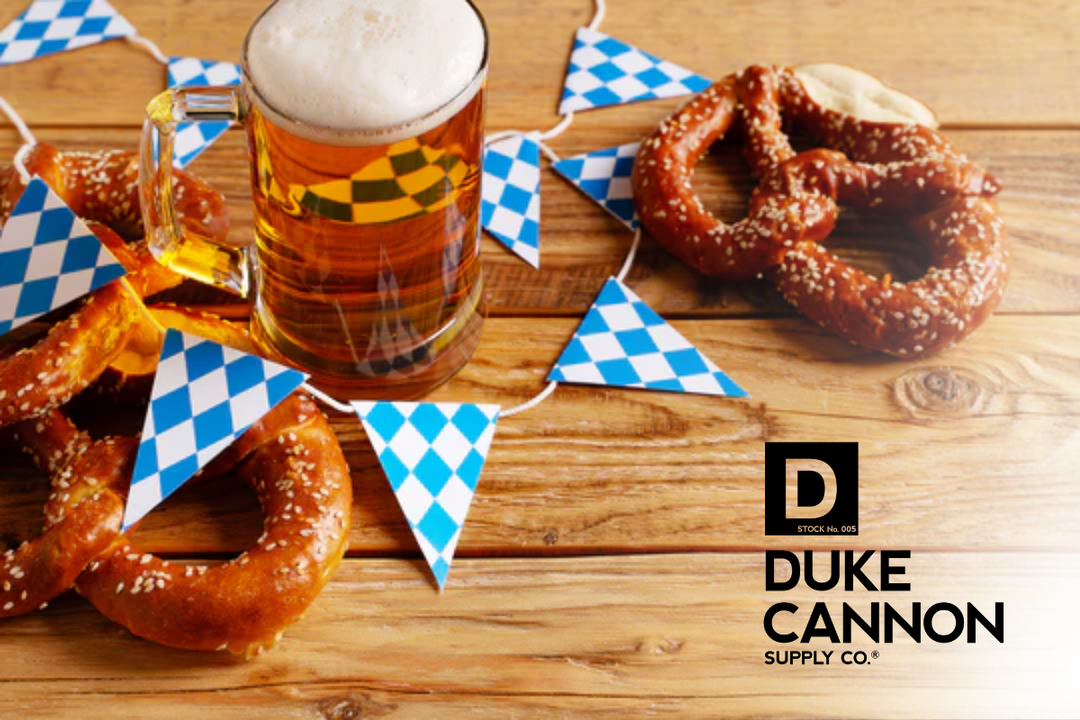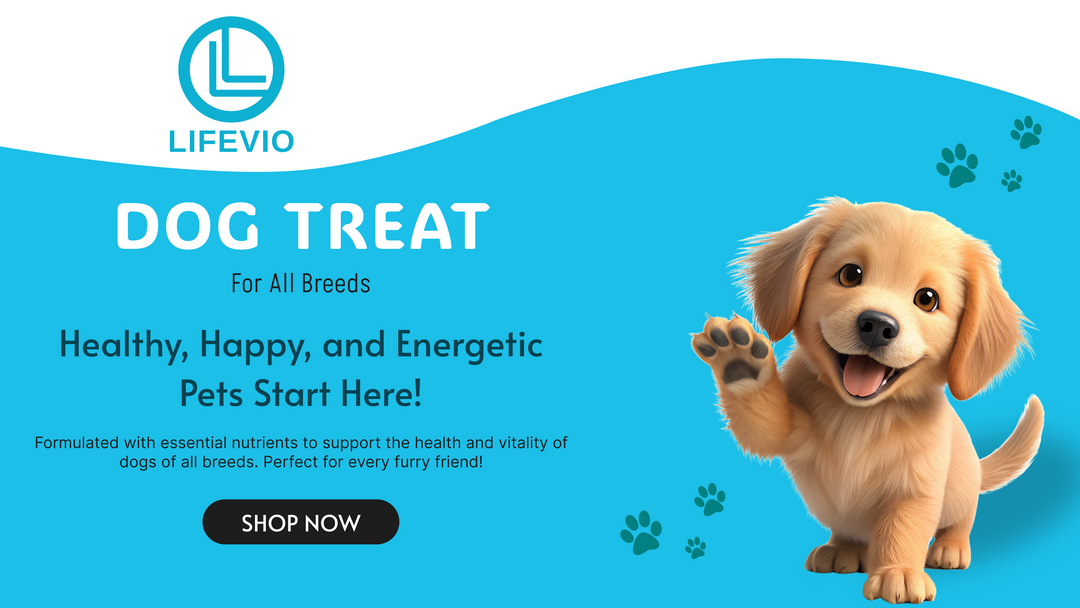How Yak Chews Can Help Relieve Dog Anxiety
Dogs can experience anxiety just like humans, and it can be caused by a variety of factors, such as separation anxiety, thunderstorms, or loud noises. While there are many ways to help your dog manage their anxiety, yak chews can be a natural and effective option.
Here are some of the ways that yak chews can help relieve dog anxiety:
- They provide a calming distraction: When dogs are anxious, they often focus on the source of their anxiety. Yak chews can provide a welcome distraction, giving your dog something else to focus on besides their fear or stress. The act of chewing itself can also be calming, releasing endorphins that have a soothing effect.
- They are made with natural ingredients: Yak chews are typically made from yak milk, salt, and sometimes a small amount of lime juice. This means they are free of artificial additives and preservatives, which can irritate sensitive stomachs and make anxiety worse.
- They are long-lasting: Yak chews can last for hours, which means they can provide your dog with extended relief from anxiety. This can be especially helpful if your dog is prone to separation anxiety or other forms of anxiety that are triggered by specific events.
- They help to satisfy the chewing instinct: Chewing is a natural instinct for dogs, and it can help to relieve stress and anxiety. Yak chews provide a safe and appropriate outlet for this instinct, giving your dog something to do that is both enjoyable and calming.
- They can help reduce destructive behavior: Sometimes, dogs who are anxious will engage in destructive behavior, such as chewing on furniture or other objects. Yak chews can help to reduce this behavior by giving your dog a safe and appropriate outlet for their chewing.
If you are considering using yak chews to help relieve your dog's anxiety, it is important to choose the right size and type of chew for your dog. It is also important to supervise your dog when they are chewing, to make sure they do not swallow any large pieces of the chew.
If you have any concerns about your dog's anxiety, you should always consult with your veterinarian. They can help you determine the best course of treatment for your dog's individual needs.






Leave a comment